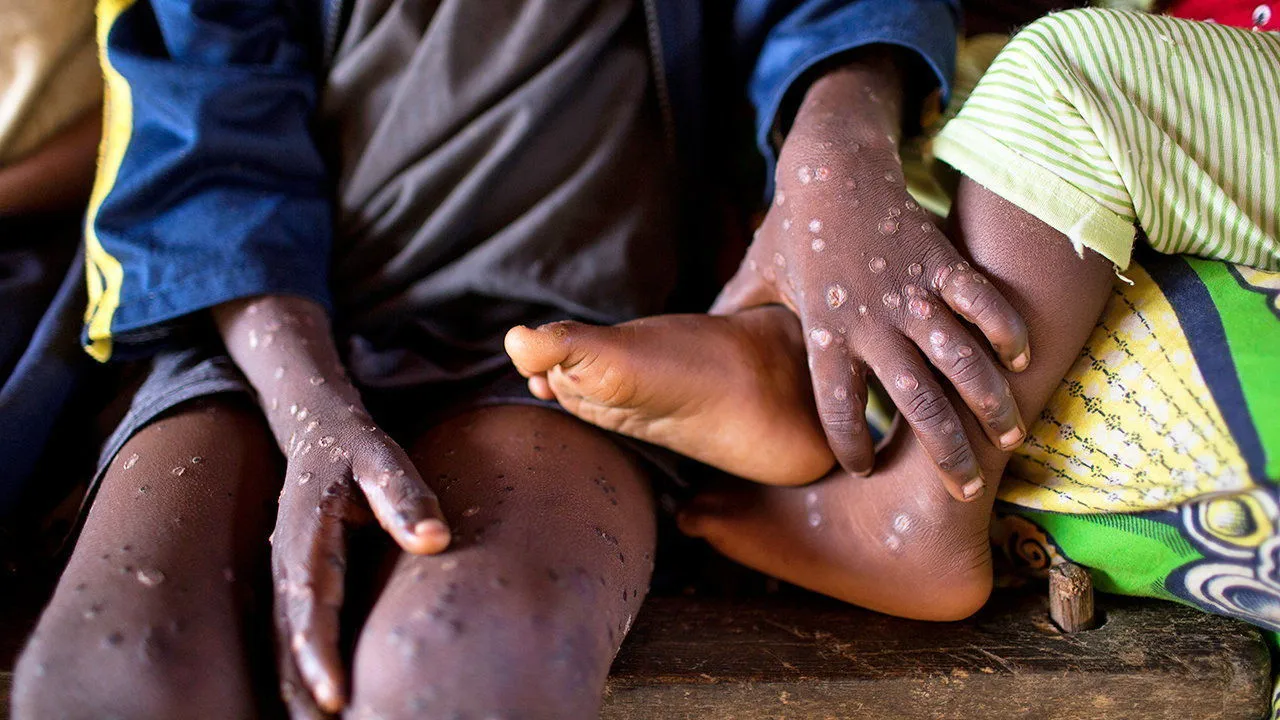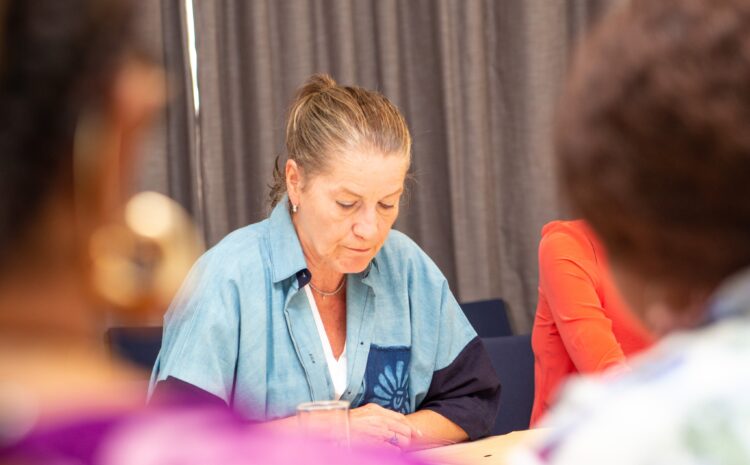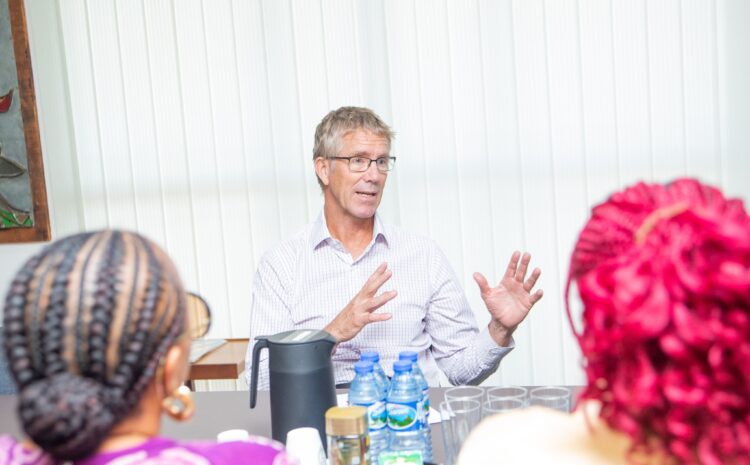The World Health Organization (WHO) and the Africa Centres for Disease Control and Prevention (Africa CDC) have declared the ongoing mpox outbreak in Africa as a global health emergency. In response, European authorities are planning to send over 175,000 vaccines to the region in an effort to curb the outbreak.
The Democratic Republic of the Congo (DRC) has become the epicenter of this crisis, with WHO identifying the rapid spread of a new clade of mpox in eastern DRC as particularly alarming. The outbreak has now reached neighboring countries that had previously reported no cases of mpox, raising concerns about further spread across Africa and beyond. WHO Director-General, Tedros Adhanom Ghebreyesus, emphasized the seriousness of the situation, stating that the outbreak is now considered a Public Health Emergency of International Concern (PHEIC), the highest level of alert issued by the United Nations’ health agency.
To support Africa’s response to the mpox crisis, WHO has called for $15 million (€13.6 million) in funding and has already released $1.45 million (€1.32 million) from its emergency reserves.
A New Strain of Mpox on the Rise
Mpox, which has been endemic in West and Central Africa for decades, is now posing a greater threat due to a new strain that emerged last year in the DRC. This strain, an offshoot of the Clade I virus, has a case fatality rate of around 10% and is spreading rapidly through sexual and close personal contact. The situation is further complicated by the emergence of another strain in South Africa and Côte d’Ivoire.
In 2024 alone, more than 14,000 mpox cases and 524 deaths have been reported across at least 13 African countries, including Burundi, Kenya, Rwanda, and Uganda, which have only recently detected cases of the new strain. The actual numbers are likely higher due to limited testing capabilities in the region.
The Africa CDC’s declaration of mpox as a continental public health emergency marks the first time the African Union’s health agency has made such a crisis declaration since its founding in 2017. Jean Kaseya, head of the Africa CDC, expressed the gravity of the situation, noting the widespread impact of mpox on families across the continent.
Nicaise Ndembi, a senior advisor to the Africa CDC working on the response from the DRC, highlighted the importance of the emergency declarations in unlocking resources for cross-border disease surveillance, diagnostic testing, and vaccine distribution.
Why the Mpox Outbreak Is Concerning
Mpox outbreaks, particularly those involving Clade I, have historically had high mortality rates, with up to 10% of those infected succumbing to the virus. While the fatality rate for Clade II is significantly lower, at less than 0.2%, certain groups, such as infants, immunocompromised individuals, and pregnant women, are at higher risk of severe infection.
The spread of mpox is often difficult to track due to incomplete surveillance, particularly in rural areas where access to diagnostic facilities is limited. Dr. Daniel Bausch, an expert in infectious diseases, emphasized the challenges in diagnosing mpox in remote regions, where getting samples to laboratories can be a significant hurdle.
The rapid spread of mpox in Africa is particularly concerning given the potential for further international transmission. Although the majority of cases remain concentrated in the DRC, mpox has now been reported in 13 African countries. The recent confirmation of a Clade I mpox case in Sweden—the first outside of Africa—underscores the global threat posed by the virus.
Dr. Bausch also highlighted the importance of equity in the global response to mpox, noting that the spread of the virus in Africa warrants the same level of urgency as outbreaks in higher-income countries.
Efforts to Contain the Spread
While vaccines against mpox are available, their accessibility in Africa remains limited. The Vaccine Alliance, Gavi, has allocated up to $500 million to supply mpox vaccines to affected countries, including the DRC. By 2026, Gavi plans to establish a global stockpile of mpox vaccines, similar to its stockpiles for cholera, Ebola, meningitis, and yellow fever.
WHO has also stressed that vaccination is just one component of the response. Containment of the outbreak will require enhanced surveillance, diagnostics, and research to address gaps in understanding the virus. The organization has approved the Emergency Use Listing process for mpox vaccines and developed a regional response plan, with $1.5 million already released from the WHO Contingency Fund for Emergencies.
Currently, half a million doses of the mpox vaccine are in stock, with the potential for 2.4 million more to be produced by the end of the year. The DRC and Nigeria are slated to be the first recipients of these vaccines, as part of the coordinated effort to combat the outbreak in Africa.
The global health community is now rallying to contain the mpox outbreak, but the challenges ahead remain significant, particularly in ensuring equitable access to vaccines and resources across the continent.





